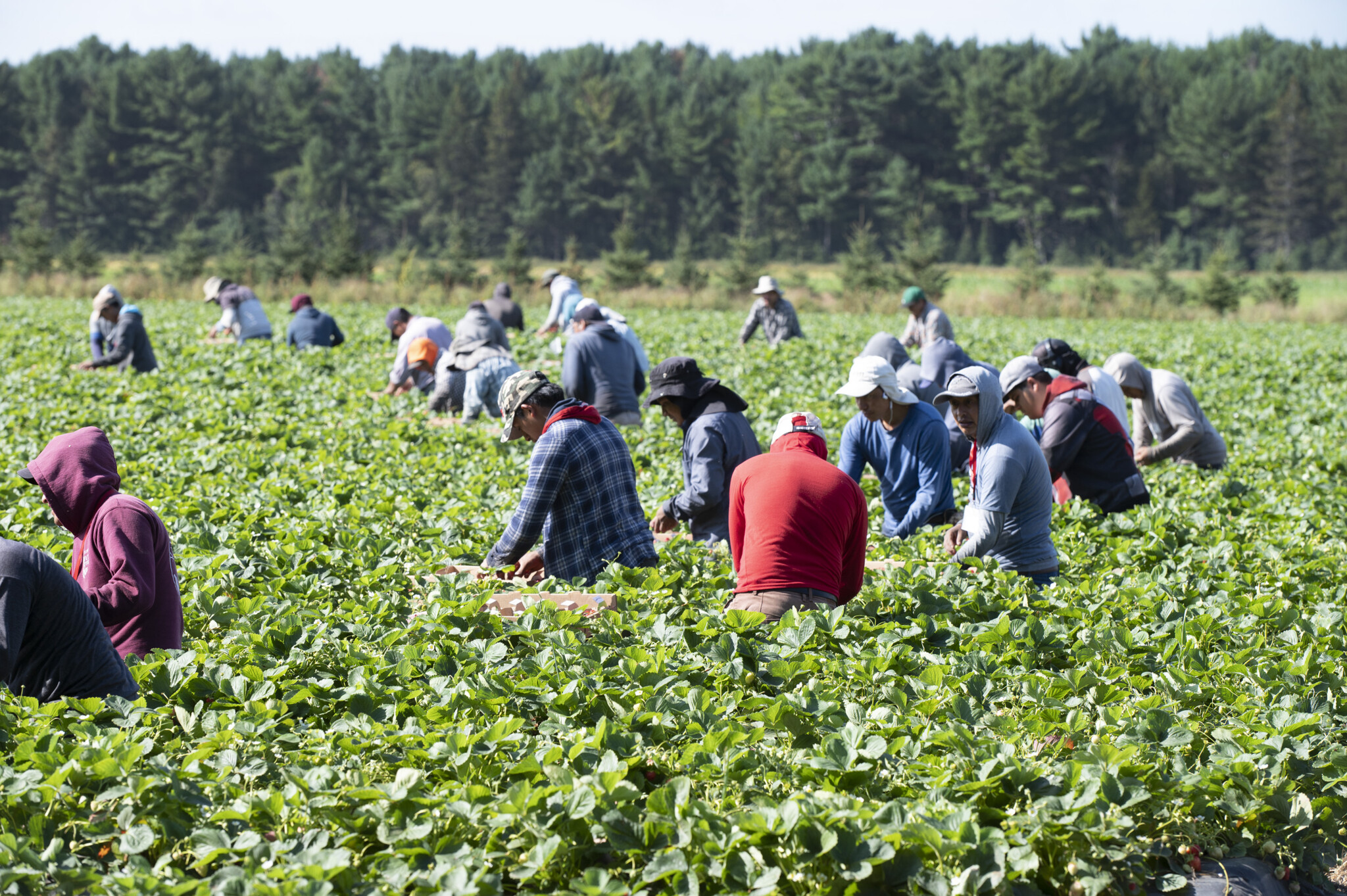A long-standing political consensus in Canada is breaking down before our eyes. For decades, immigration policy was a rare point of agreement among the major parties, characterized by a shared commitment to high levels of permanent, citizenship-focused immigration. But that era is over. The catalyst for this rupture is the massive expansion of the Temporary Foreign Worker Program (TFWP), a policy that has now become a flashpoint for debates about economic fairness, corporate power, and the very meaning of Canadian values.
The political salience of this issue was thrust into the spotlight this week when Conservative Leader Pierre Poilievre made a bold, calculated bet. He pledged to eliminate the program in its entirety, save for the agricultural sector, if he formed government. This is a significant political risk, breaking squarely with powerful business interests. Yet, his timing proved prescient. Days later, a devastating Labour Force Survey showed the Canadian economy shed 66,000 jobs in August, with the participation rate falling to its lowest level in years.
The question for Canadians is a simple one: Why are we bringing in foreign workers to fill roles in a fast-contracting economy, when so many citizens are out of work and looking for employment? The intuitive answer is that we shouldn’t be. This program, which expanded massively in recent years, is not just influencing housing demand and social services; it is actively suppressing wages and pricing prospective Canadian workers, particularly younger ones, out of the job market.
But the problems run deeper than the latest jobs report. This program has racialized Canada’s service sector in a way we have never seen before. Canada has long prided itself on avoiding a European-style “guest worker” culture, where a permanent underclass is imported to do jobs “others won’t do.” That pride is now misplaced. The argument from certain business leaders—that they can’t get Canadians to show up to Tim Hortons with a resume—is a convenient fiction that masks a more odious reality.
The program has created a power imbalance that is anathema to Canadian notions of fairness. Employers gain access to a pool of labourers who are paid at or near minimum wage, are highly controllable because their immigration status is tied to employment, and are often more pliant than Canadian workers. This arrangement allows businesses to avoid the market signal that would otherwise force them to raise wages to attract local talent or invest in productivity-enhancing technology. Why buy a new piece of equipment when the government colludes to provide an endless supply of cheap labour?
This is, in effect, a corporate subsidy. It has distorted the workings of the market to the advantage of businesses at the direct disadvantage of workers. For the past 40 years, the demographic weight of the baby boomers created a labour supply dynamic that preferred business. As those workers retire, the power dynamic was supposed to rebalance in favour of labour, finally allowing workers to capture more of the value they create. Instead, big business, with the government’s help, has used this program to artificially change those dynamics.
The political response from the Liberal establishment has been telling. When questioned, Prime Minister Mark Carney framed the issue from the perspective of the C-suite, noting that business leaders he speaks to list high levels of temporary foreign workers as a top concern—implicitly defending the program. It was a clumsy moment that revealed a deep-seated establishmentarianism, an alignment with Laurentian capitalism that suggests the country is run for the benefit of cartel-like companies, protected from competition and now, de facto, from wage inflation.
The Conservative bet is that Canadians see this clearly. It is not an argument against immigration. It is an argument for a fairer, more dignified model. The program treats immigrants shamefully. Stories abound of workers stuck in substandard housing owned by their employers, their lives tightly controlled. We promised ourselves we would stop treating immigrants this way. Our history is littered with such failures, such as the Ukrainian settlement of the West and the discrimination faced by the Chinese community. If we believe in progress, why are we returning to the sins of the past?
The pathway forward must be one of fairness. Bring people in as permanent residents with a full pathway to citizenship. Ensure the economy is equipped to employ them with dignity. And stop a program that denies both new arrivals and existing citizens the full value of their labour.
The TSX is at all-time highs. Corporate profits are soaring. This is the moment for capital to give back to labour, not for the government to facilitate its suppression. The consensus on immigration is eroding. Our hope is that the coming debate is rooted in evidence and integrity, not nativism. If we can have that honest conversation, it will be in the best interest of all Canadians—those who are here now, and those who hope to join us with dignity and fairness in the future.
This commentary draws on a Hub podcast. It was edited using AI. Full program here.









